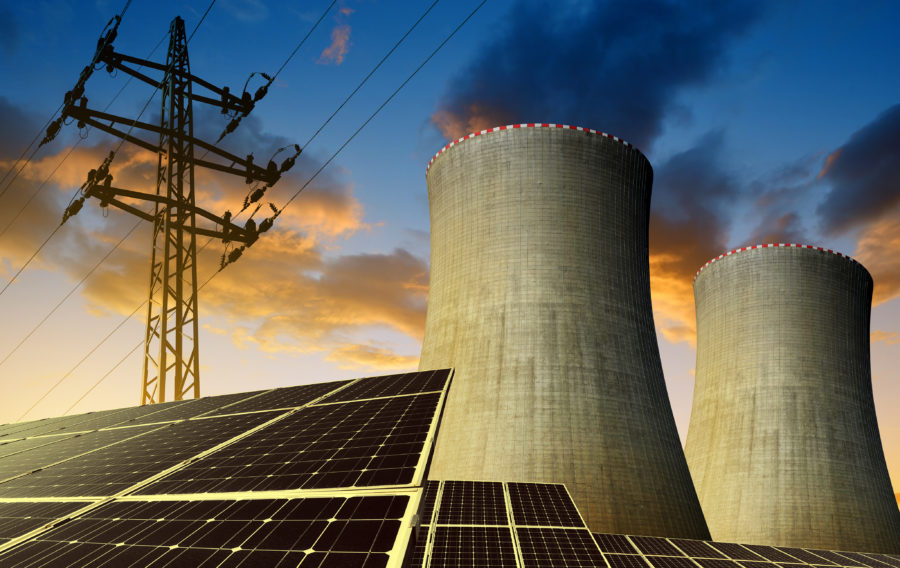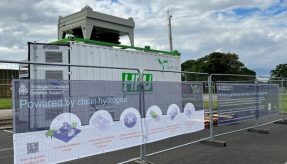
Secretary General Jens Stoltenberg and Deputy Secretary General Rose Gottemoeller welcomed three eminent energy experts to NATO Headquarters on Tuesday for discussions on global energy developments and their security implications.
Robin Dunnigan, Deputy Assistant Secretary for Energy Diplomacy at the US State Department; Tim Gould, Head of Division, World Energy Outlook in the International Energy Agency (IEA); and Erlendas Grigorovič, Deputy Head of Unit for International Relations in the European Commission’s Directorate General for Energy briefed NATO ambassadors on the security implications of the energy dimension of the Russia-Ukraine crisis, and energy challenges to NATO’s South.
The North Atlantic Council is briefed annually on energy developments, in order to keep NATO abreast of the global energy situation and to further deepen its ties with other organisations, notably the IEA and the European Union.
The NATO discussions follow on from an EDA meeting of the Consultation Forum for Sustainable Energy in the Defence and Security Sector, a European Commission initiative managed by the European Defence Agency. It brings together experts from the defence and energy sectors to share information and best practice on improving energy management, energy efficiency, and the use of renewable energy.
This was the fourth in a series of five meetings at the European Defence Agency, maintaining the momentum of the first, second and third events held in Brussels, Dublin, and Rome in 2016. The third conference was attended by around 100 experts from government administrations representing the majority of EDA Member States, as well as industry, academia, NATO representatives and the European Commission.
EDA Deputy Chief Executive Rini Goos said during his opening address: “Whatever we do on international defence cooperation and collaboration, it must ultimately be about maintaining our strategic defence objectives, and developing and delivering enhanced military capability, increasing readiness and effectiveness,
“We need to ensure that our infrastructure – the backbone of the military – is future-proofed and efficient in its operation so that we can support ultimately, the front line. This is why the Consultation Forum for Sustainable Energy in the Defence and Security Sector is so important – it provides an unprecedented opportunity for us to work together to make a real change in the provision of defence capability and one which can have an enduring legacy, setting a benchmark for the rest of the defence sector.”
In closing the conference, Director European Synergies and Innovation Denis Roger set out: “At this event, it has been useful to take stock of what we have learnt so far to ensure that we keep a focus on defence outputs. We must also not lose sight of where the challenges and opportunities lie; and to start to develop thoughts on how to move forward, but in a way which supports capability development objectives”. Encouraging a sense of urgency, Mr Roger concluded, “We need to become more implementation focused in future, finding solutions to overcoming barriers. We need to start developing and agreeing plans for action, and we need to do it now.”
If you would like to join our community and read more articles like this then please click here








